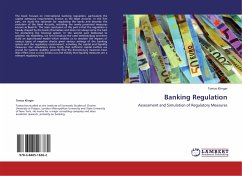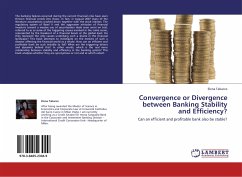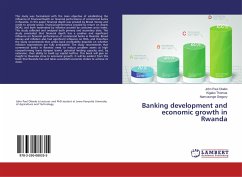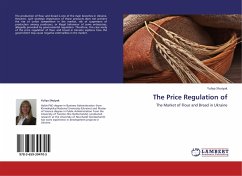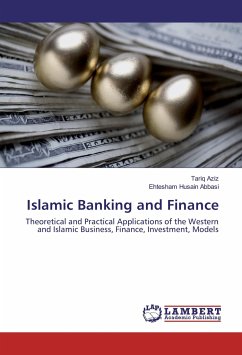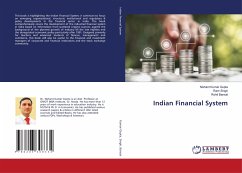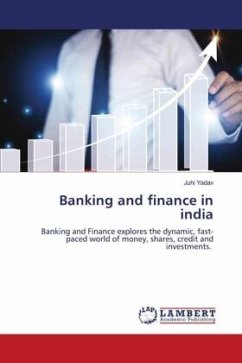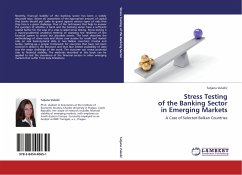The book focuses on international banking regulation, particularly the capital adequacy requirements known as the Basel Accords. In the first part, we study the rationale for regulating the banks and describe the evolution of the Basel Accords, including the newly presented measures known as Basel III. The main conclusion of this part is that the regulation is heavily shaped by the banks themselves and does not always serve the best for protecting the financial system. In the second part dedicated to systemic risk modelling, we first introduce the used methodology and then build an agent-based model which enables us to simulate the impacts of various types of negative shocks given various settings of the banking system and the regulatory environment, including the capital and liquidity measures. Our simulations show firstly that sufficient capital buffers are crucial for systemic stability, secondly that the discretionary measures have little effect once a crisis breaks out and thirdly that liquidity measures are a relevant regulatory tool.
Bitte wählen Sie Ihr Anliegen aus.
Rechnungen
Retourenschein anfordern
Bestellstatus
Storno

